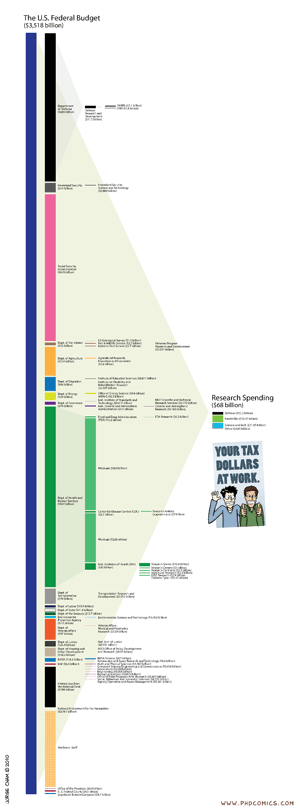 |
| Exploiting some young volunteers |
This is a great job I have. Sure, it has problems, but overall I love it, and am not surprised that lots of other people think they would love it to. That is part of the reason why I write this blog, to give others some insight into what its's really like.
Through this blog, I often receive emails from aspiring young field biologists asking for advice in pursuing their dream to become a professional field biologist. Most frequently, they are looking for help getting started, what courses to take, majors to choose, and skills to acquire.
One of the most important things, is to get some real experience actually doing field biology. You can do this a number of ways: high quality university courses, working with a local citizen scientist group, volunteering for conservation organisations, or through the NSF Research Experience for Undergraduates program.
| Students learning how to determine sex in salamanders |
One of the most common ways to get experience is by assisting a field biologist doing their research. This a great way to get hands on experiences, and the one-on-one training that helps you develop some of the actual skills that you need to do the job. Another added perk, these positions often involve traveling to beautiful and exotic locations, and working with fascinating or rare plants and animals. Given all of these advantages, it is perhaps not so surprising that there are a lot of people who want these positions. When the supply of people willing to do a job is a lot greater than the number of jobs that are available, that job is going to be pretty hard to get. It's even harder when you are lacking useful experience or skills.
But just wait. The story gets even bleaker.
I've written before about how how important it is to fund basic research, and how bad the funding situation is for biologists like me. It is very, very difficult to get research funds, and even when you get them, you almost never get the full amount your propose. This means you have to stretch each research dollar as far as you can. Also, many research grants don't allow you to pay assistants a salary.
So, what does it all mean? It means that most positions doing field research (unless it is your own) are volunteer positions. Some of them will pay your housing and food, some will pay your travel expenses, some will give you a small stipend to live on. But virtually none of them actually pay. And the few that actually do pay are usually given to folks with YEARS of experience. For the average young biologist, the only way to get experience is to exchange your hard work and time for this kind of training.
This situation has recently been drawing some criticism in the form a new tumblr called Crap Wildlife "Jobs". This tumblr
posts advertisements to unpaid research positions that the contributors find to be
"unprofessional, exploitative, limit diversity, immoral, and in some
jurisdictions, illegal". The author argues that work is work and if you
work you should be paid, period. They also point out that this biases
opportunity to those that can afford to have it, i.e. those that have the luxury of
'working' for no or very little money. The author is trying to effect change by highlighting this practice, and says they have no interest in shaming individuals or university.
I understand the bitterness of this website, having worked such jobs myself while going further into debt (which I do not advise). But imagine you are a student, funding all of your research using small grants that don't allow you to pay an assistant, but your school's safety policies require you to have some one with you in the field (in case of snake bite, etc.). You can't pay for help because you don't have the money and you are not allowed to use it for that even if you did. What can you do? Option 1: give up. Option 2: get a volunteer, Option 3: get bigger and better grants you slacker.
 |
| Click to embiggen |
I agree with Crap Wildlife Jobs, some of the requests and expectations for volunteers are ridiculous. Further, it is definitely biased against folks that already have the deck stacked against them (hard to work for free when you are broke). But I'm not so sure that attacking us poor field biologists is the best way forward. All of the researchers I know would LOVE to pay people for their help and do everything they can to get them the most money. The problem is this is a symptom of a much bigger problem. Other symptoms include how much we pay teachers and adjunct professors (25% are on food stamps or other public assistance). There is also this pattern that only a small percentage of PhDs can find jobs in their field. Look at this pretty (and depressing) infographic, or this article, or this one.
The root of the problem is how little we value science in general and basic research in particular. Don't believe me? Click on the image to the left to feel the full facepalm effect of how little the US values science and research.